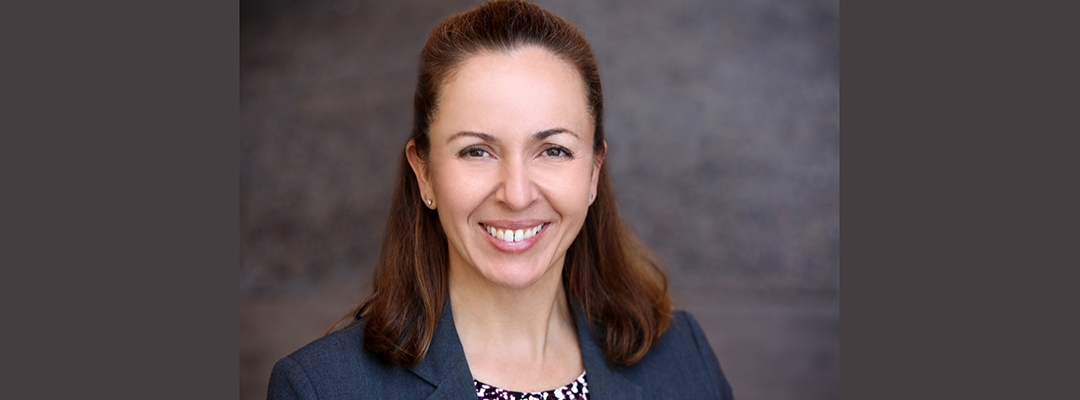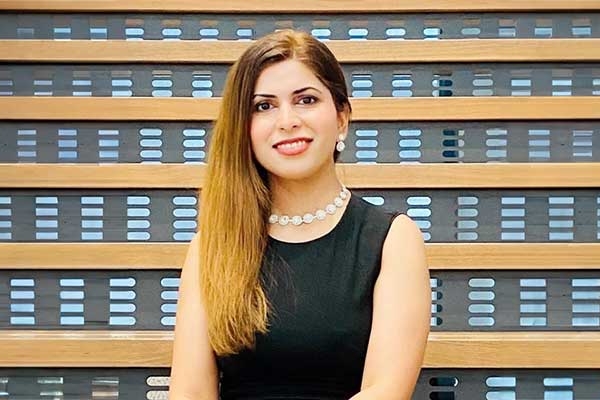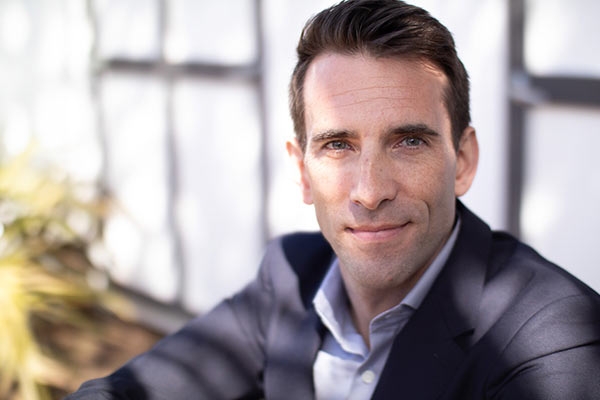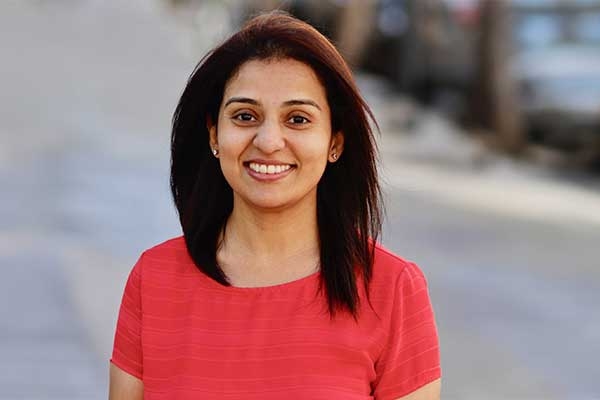It's time to play the music
It's time to light the lights …
… And now let's get things started …
Yes, those are some of the lyrics to the theme song from The Muppet Show, a TV variety show produced by Jim Henson Productions that appeared in the late 1970s and early 1980s. When Anna Papazian, one of our accounting and finance certificate programs instructors, told me of her work experience—which started out at Jim Henson Productions—this song immediately popped into my head.
And like the song says, It’s time to get things started—with this interview.
Karen—who goes by Anna now—Papazian grew up in Walnut Creek, Calif., and attended UCLA for her undergraduate studies. In 1992, she graduated cum laude with a bachelor’s degree in international economics and started on a career path in Los Angeles.
Let’s take a look at the career she has had so far, rooted in ethical accounting and business practices.
Anna, your first job after graduating from UCLA was as a production accountant for The Jim Henson Company. How did that fit into your career goals at the time?
I had worked during college in the field of accounting, had enjoyed it and had done well. It was a natural first step to aim for the entertainment industry. I believed in the work Jim Henson Productions was doing for education so that made it a great fit.
After The Jim Henson Company, you spent a few years volunteering with the Peace Corps in Senegal. Can you tell me about your experience as a small-business development volunteer for USAID?
I had wanted to do overseas service work ever since I began following the successes of Muhammad Yunus with microfinance and the Grameen Bank. Through my work with USAID and the Peace Corps, I was able to work in the area of microfinance.
Then you returned to the U.S. and attended University of Southern California’s Marshall School of Business for an M.B.A. What led to your decision to pursue an M.B.A. with the focus on corporate finance, especially after your time in the Peace Corps?
At that time, I was ready for a period of stability in order to get married and start a family. I went to University of Southern California on full-fellowship, and to Toyota Financial Services right after.
From 2001 to 2015, you developed your career in different roles for Toyota Financial Services. How do you bring your work experiences as a director of capital markets and as a senior director of dealer-lending operations into your courses?
My work at Toyota relates to my teaching in so many ways. I led the capital markets team in raising $15 billion annually in the bond markets. I oversaw processes and personnel in finance, accounting and administration while making data-driven decisions to ensure the company’s profitability and increase investor value. I built strong, motivated corporate teams through mentoring and leading.
Specifically, being part of a multinational corporation, I saw accounting and finance from many angles, including from the point of view of working with:
-
the U.S. Securities and Exchange Commission (SEC),
-
International Financial Reporting Standards (IFRS) and other different accounting standards.
And all that before and after the Sarbanes-Oxley Act of 2002.
How do you incorporate these educational and life experiences into your teaching?
I teach Basic Corporate Finance and Accounting Ethics. Most of my jobs have incorporated at least some elements of corporate finance, so I am able to bring real-world examples into the theoretical basics that we study. I’ve also taught businesses ethics in the past also, so I really enjoy bringing ethics and accounting together in my second class.
From Toyota, you entered the nonprofit sector as the CEO of the Boys & Girls Clubs of Venice (BGCV). What led you to pursue this role in charge of its operations, administration and fundraising?
I had volunteered at Boys & Girls Clubs of Venice and knew it was a club that I wanted to be a part of. The role was brought on by a work transition: Toyota Financial Services was moving to Texas, and I was not planning to move. At BGCV, I stabilized staff and finances, including establishing the framework and controls for accounting and HR functions, and closed on new major gifts of nearly $1 million.
More recently you founded K Buildz Consulting. Can you tell me about it and your role?
K Buildz Consulting provides financial operations, treasury management and relationship-development services for businesses. Our team includes an M.B.A., CPAs, a Lean Six Sigma Black Belt and Salesforce-certified professionals, and the company is on the cutting-edge of the business applications of blockchain.
As a Fractional CFO, I serve as CFO for several companies rather than being in-house at one. It also allows me to take on interim or project work for clients; for example, for a specific funding round or to run a business valuation or the like.
All the while, Anna, you’ve been teaching business courses for several universities, including online with us. What do you love about teaching?
I love working with students and helping them unwind difficult topics. I often see students gain confidence with the subject matter during the term, and that is very rewarding.
I was drawn to teach here by the quality of the program, the other instructors and the students. They are all a joy to work with.
What do you see for the future of accounting ethics and corporate finance? How do you think they will change with business needs post-pandemic? Or will they?
Of the two courses I currently teach, Basic Corporate Finance is a bit more stable topic, of course. A lot of the basics will remain unchanged.
Remote work, digitization, crypto currencies, the metaverse, et cetera, will impact some parts of corporate finance but will surely have massive impacts on business and accounting ethics. One of the most exciting things in the field of ethics is to watch how views circulate around advancements in technology, and, frankly, how ethical and moral considerations often lag behind technological advances. It has sometimes felt like the ethics part is always playing catch up, but conversations are a bit different now, I think.
How do our business courses prepare students for a future in these fields?
In the business certificates, we focus on developing students into analytical and critical thinkers. That focus incorporates the tactical parts like understanding, for example, how to calculate the cost of equity, but it also teaches students to analyze why a certain calculation matters, what it tells us about the company, or how and why someone would manipulate the numbers.
In ethics, we get students to think about how they might handle some of the difficult situations when faced with an unethical boss or employee. We remind students that the classroom is the best place to debate and study these topics because the real world moves quickly and often has many competing priorities. I like to think that we are developing future impactful leaders.
Are you ready to make a career impact? Learn more about the courses in the Certificate Program in Accounting and the Certificate Program in Finance.



